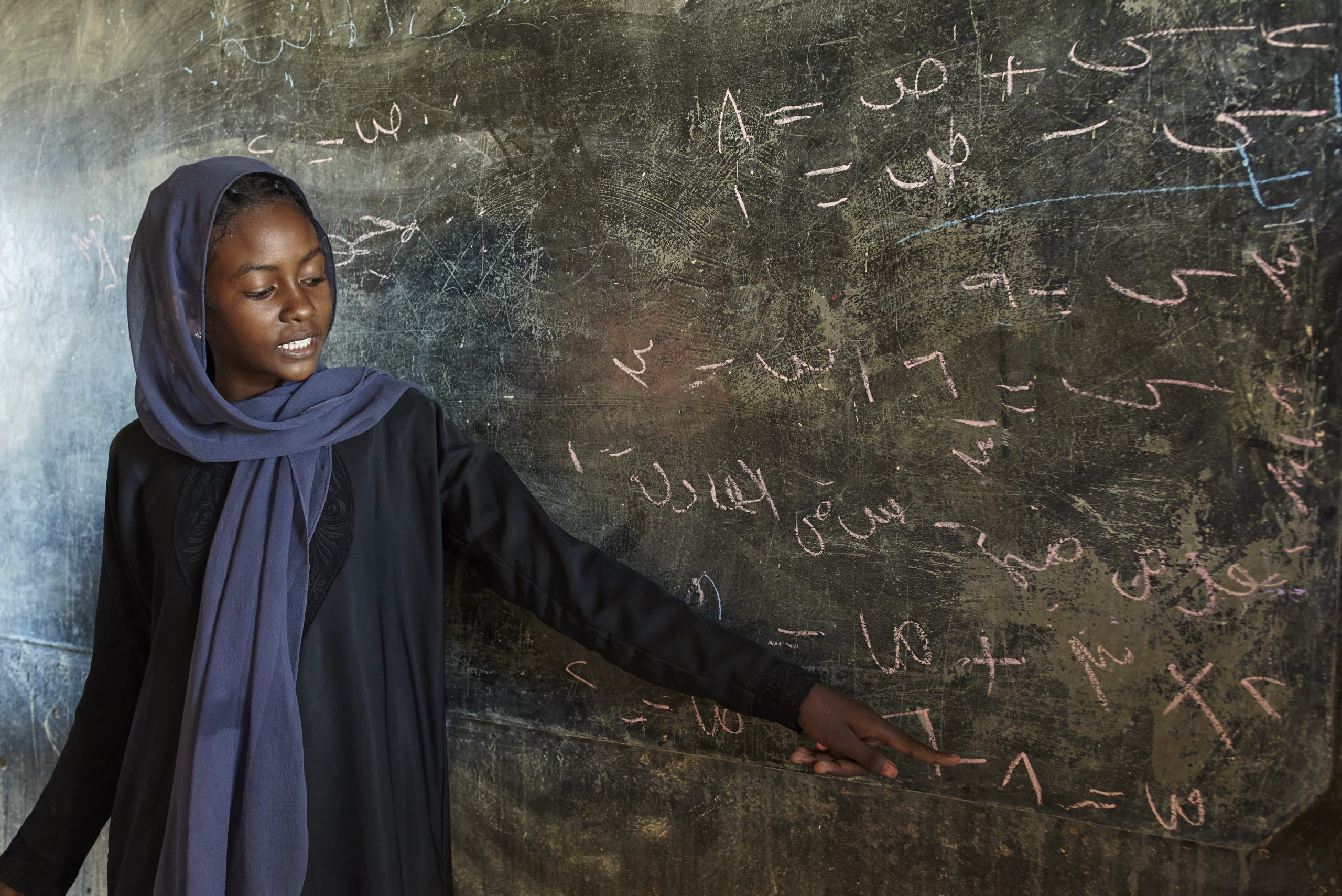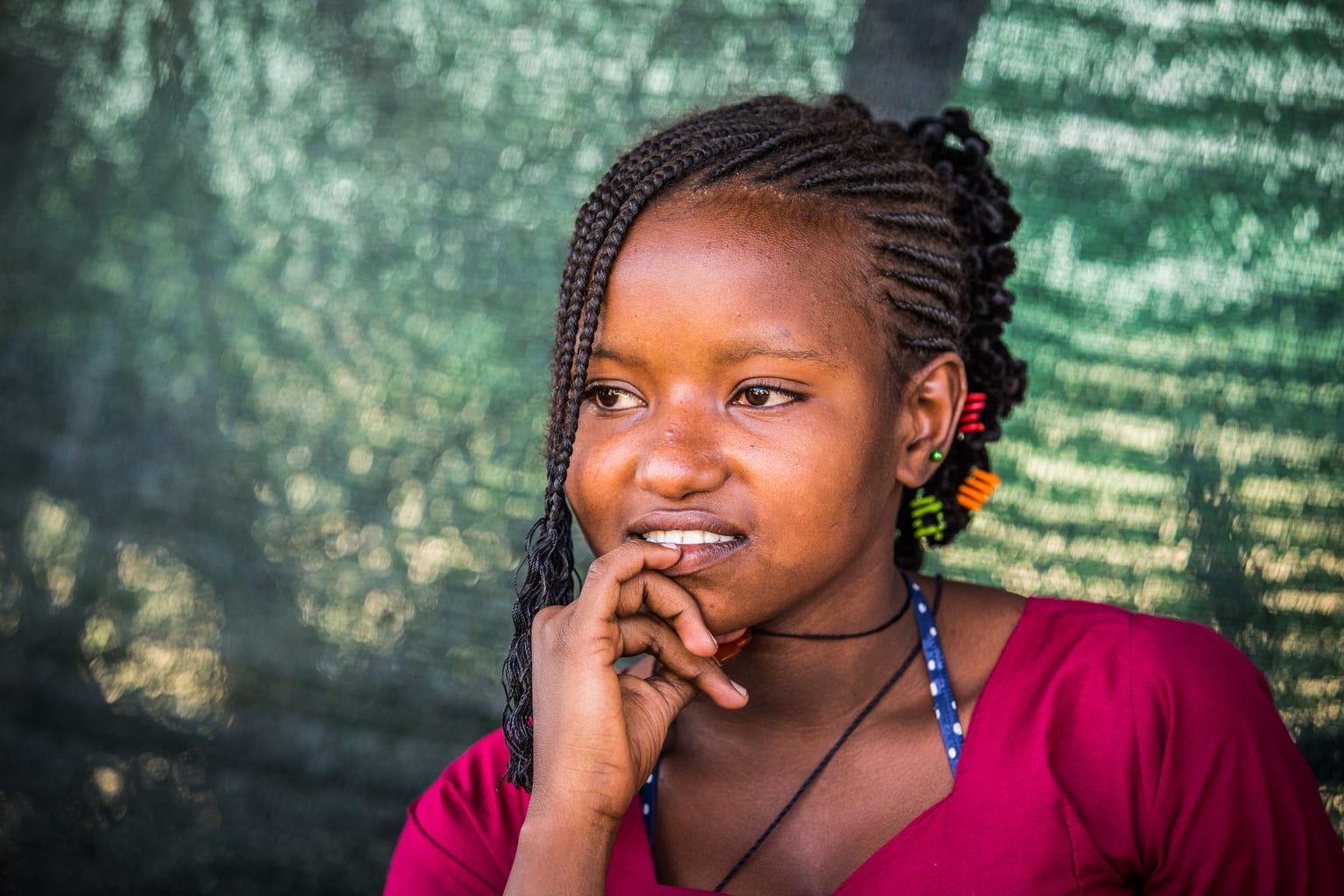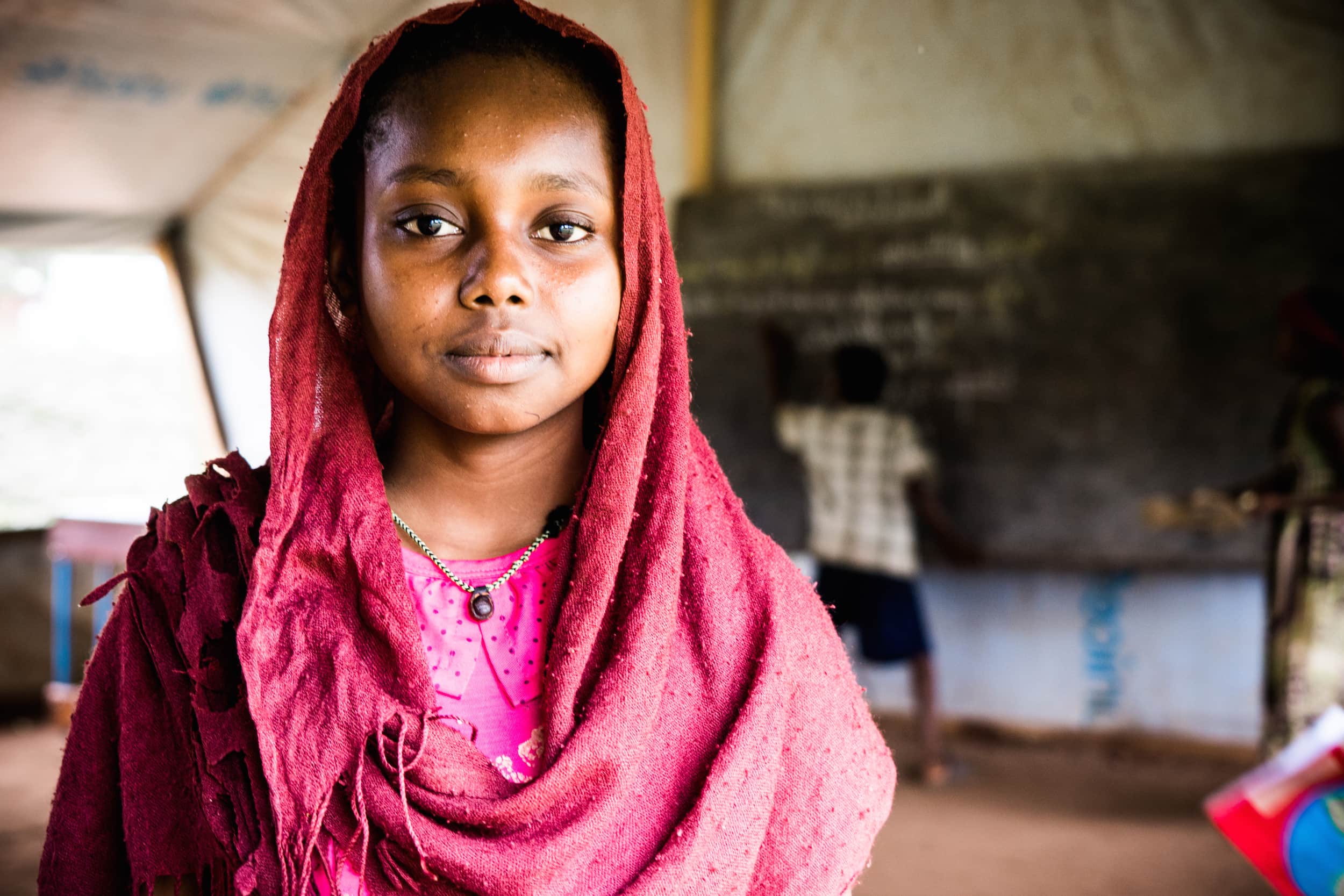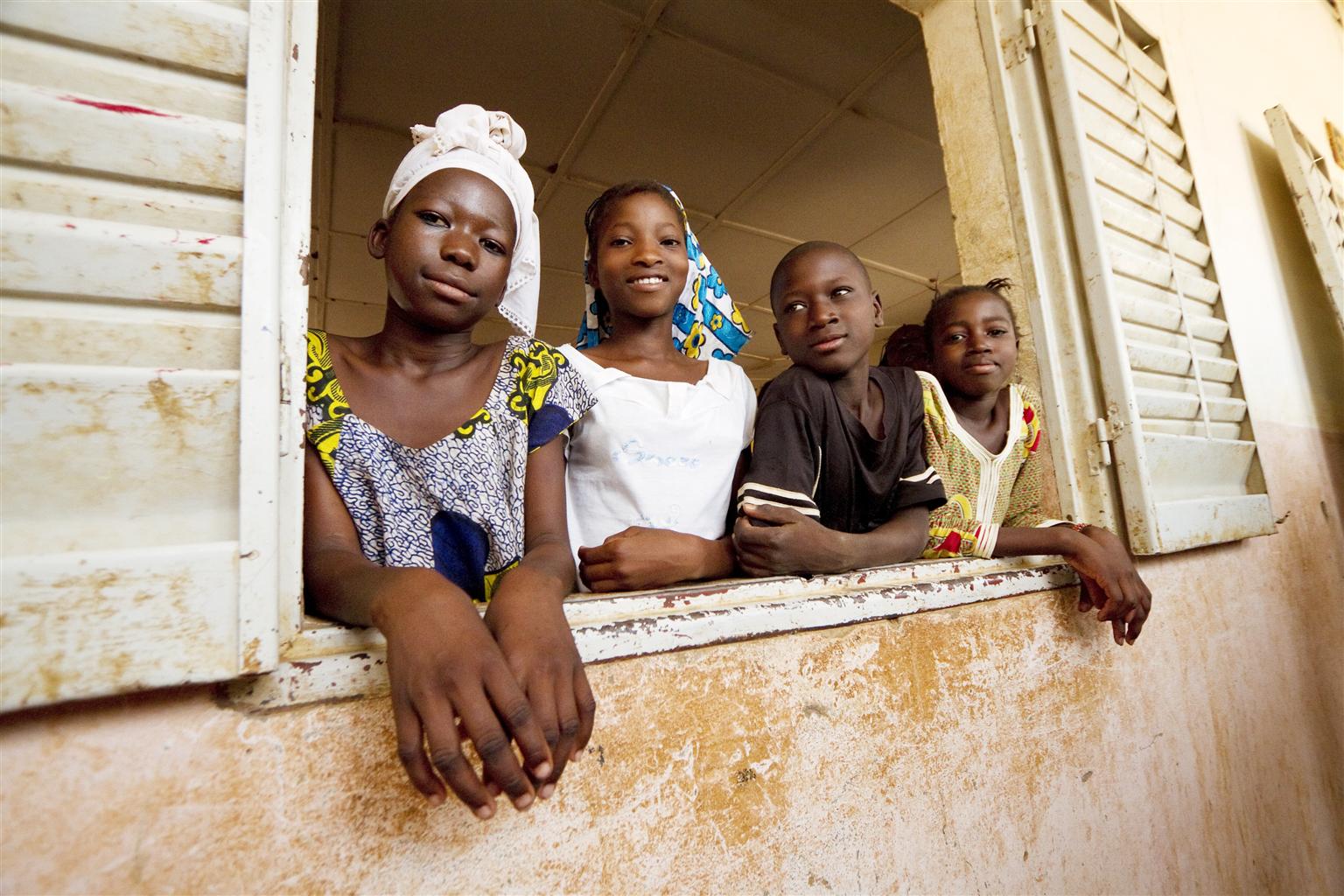
Collecting data on children during their first two decades of life is crucial to understanding which needs are not being met. These data help stakeholders create policies and programmes to address the gaps, laying the groundwork for healthier and more productive adulthoods. UNICEF, as a global leader in monitoring the well-being of children, is well positioned to ensure approaches to data – their collection, analysis, dissemination and use – include a gender perspective so that critical milestones in addressing gender inequality during a child’s first two decades are met. We have created this framework in recognition that advancing gender data for children requires collaboration within – and outside of – UNICEF. It is meant as a starting point for considering how UNICEF can build upon its existing gender data assets to more effectively ensure that the rights of every girl and boy are realized.
This document builds upon the existing Data for Children Strategic Framework.



